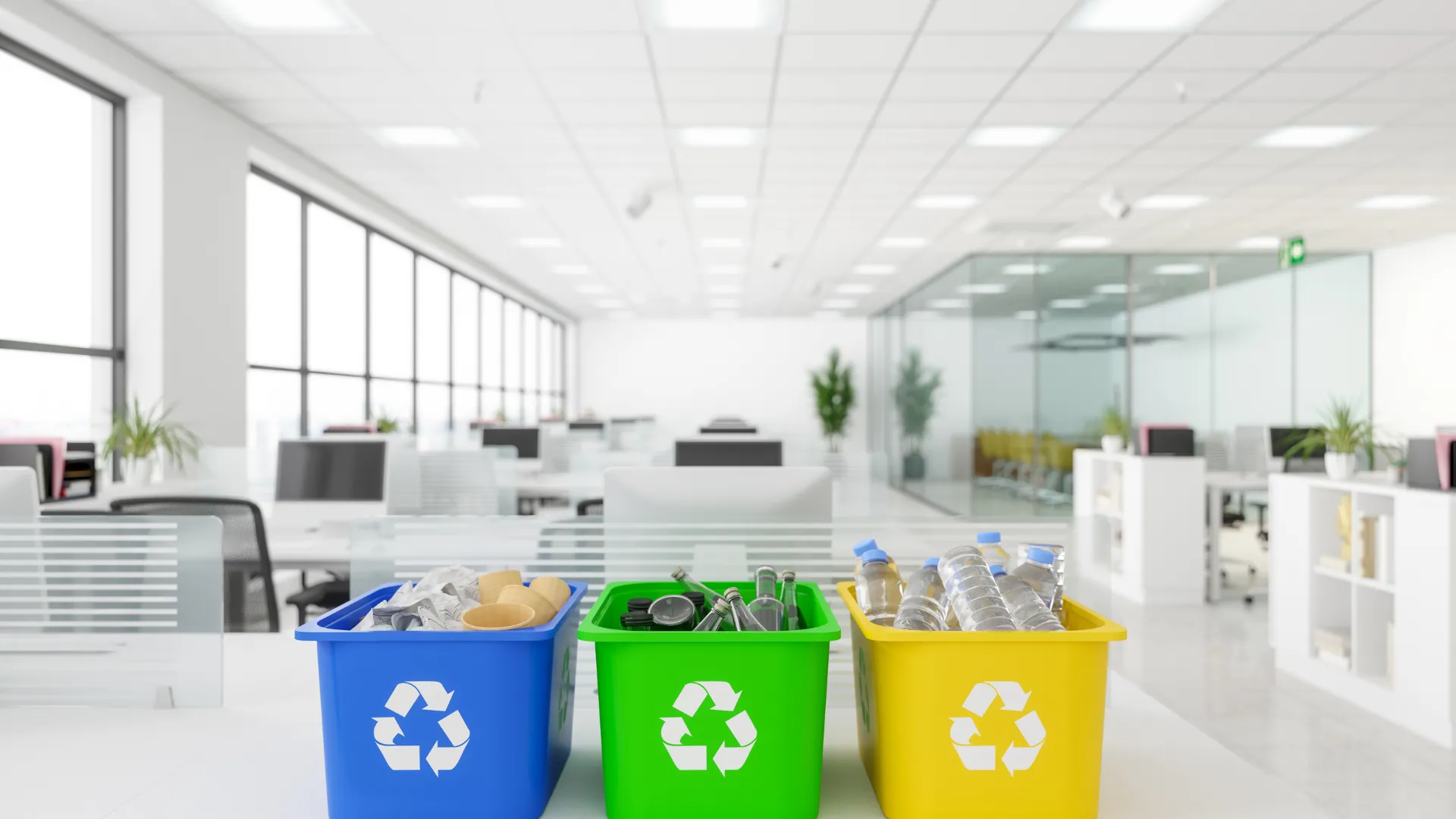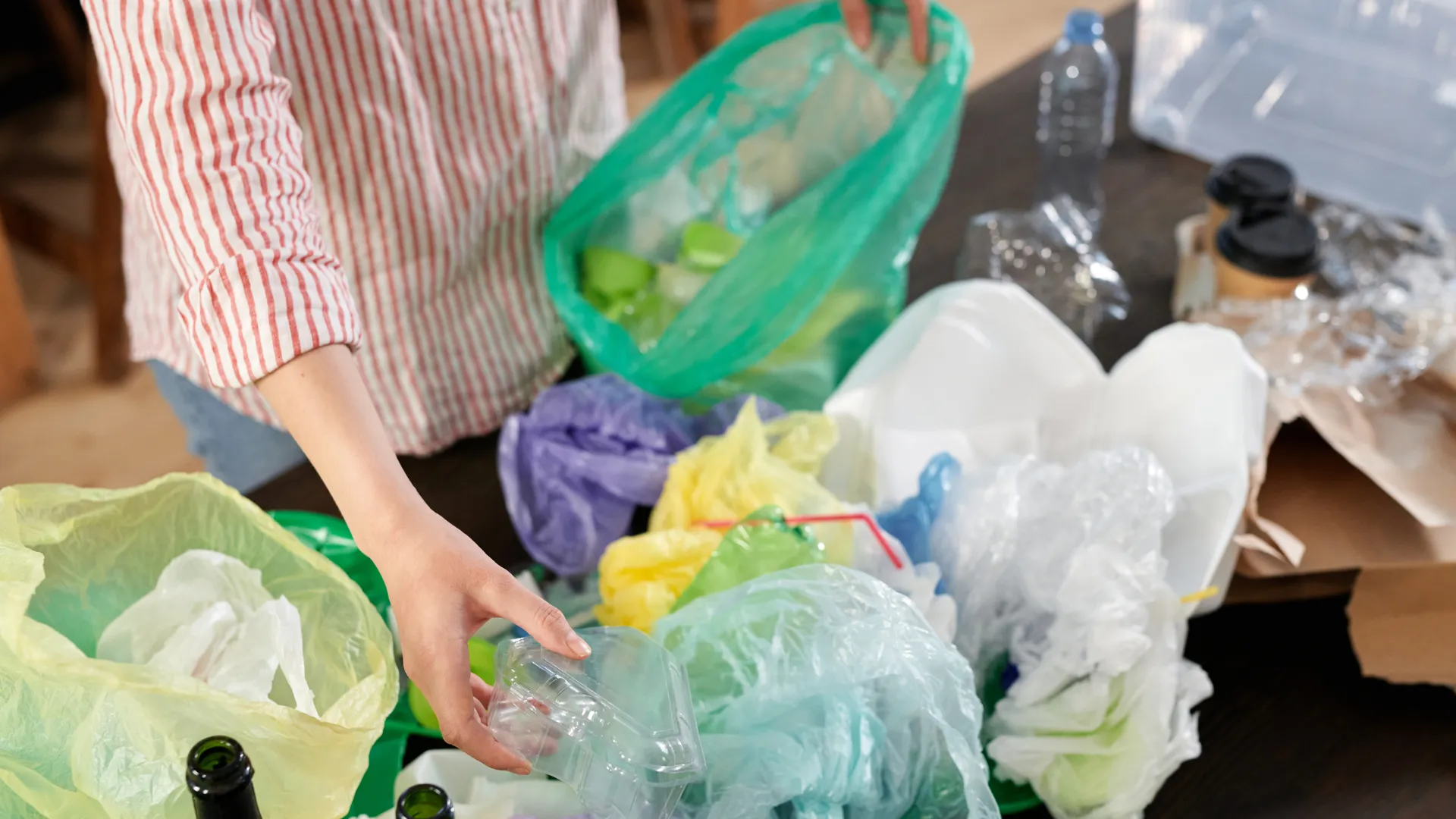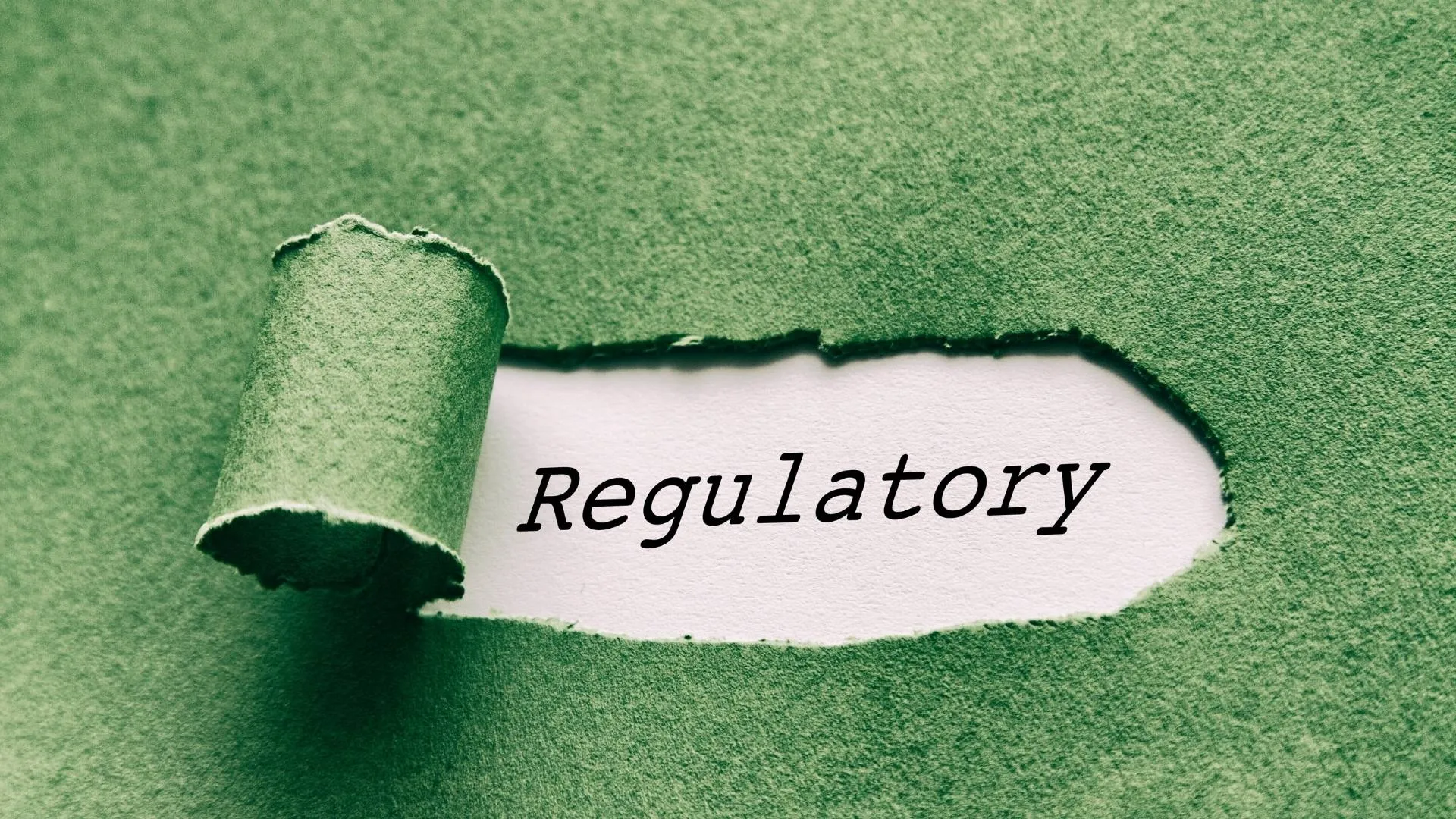Dry Mixed Recycling Guide 2025
- Home
- Blog
Dry Mixed Recycling (DMR) is one of the easiest and most cost-effective ways for UK businesses to reduce waste sent to landfill. By separating recyclable materials into a single container, you can improve sustainability, comply with waste regulations, and lower disposal costs.
In this 2025 guide, we will explain what DMR is. We will also show how it works. You will learn the latest updates to keep your business ahead.
What is Dry Mixed Recycling?

Dry mixed recycling refers to recyclable materials that are clean, dry, and free from food contamination. Businesses can put approved recyclable materials into one bin. A recycling facility will collect and sort them.
Accepted and Non-Accepted Materials
|
|
Paper and newspapers | Food waste |
Cardboard & packaging | Plastic bags and film |
Aluminium cans & tins | Liquids |
Plastic bottles (rinsed) | Polystyrene |
Glass bottles & jars | Contaminated packaging |
Tip: Always ensure items are clean and dry to avoid contamination.
How the DMR Process Works

1. Collection – UK Waste Consultancy collects your recycling on a scheduled basis.
2. Transportation – Workers take waste to a Materials Recovery Facility (MRF).
3. Sorting – Advanced machinery and manual checks separate materials by type.
4. Processing – Workers bale sorted recyclables and send them to manufacturers for reuse.
5. Recycling – transforms materials into new products, reducing demand for raw resources.
Benefits for Businesses
- Cost savings – Lower landfill tax and reduced waste disposal fees.
- Convenience – No need to separate recyclables by material type.
- Sustainability – Contributes to net-zero targets and corporate social responsibility.
- Regulatory compliance – Meets UK waste regulations, including the Waste (England and Wales) Regulations 2011.
Common Mistakes to Avoid
- Placing food – contaminated packaging in the DMR bin.
- Including non – recyclable plastics or polystyrene.
- Overfilling bins – which can lead to missed collections.
- Forgetting – to flatten cardboard to save space.
2025 Regulatory Updates

From April 2025, the UK will be introducing Simpler Recycling Regulations, requiring all businesses to separate recyclable materials from general waste. This means:
- DMR collections will be standard for most businesses.
- Contamination fines may apply for repeated non-compliance.
- We will encourage transparent reporting on recycling rates.
DMR vs General Waste – Why It Matters
Mixed Recycling | |
Recyclable, clean, dry | Non-recyclable, contaminated |
Lower disposal costs | Higher landfill tax |
Environmentally friendly | Landfill & incineration |
Case Study – Cost Savings in Action
A London-based office switched to DMR collections with UK Waste Consultancy. In 6 months:
- Waste disposal costs dropped by 22%
- Recycling rate increased from 45% to 78%
- Positive feedback from staff and clients for eco-friendly practices.
FAQs About Dry Mixed Recycling
Q: Do I need multiple bins for different recyclables?
A: No. With DMR, you can place all accepted recyclables into one container.
Q: How often will collections take place?
A: We offer flexible schedules from daily to weekly collections.
Q: What do I do if my recycling gets contaminated?
A: We’ll advise on corrective steps to ensure compliance and prevent fines.
Q: Why Choose UK Waste Consultancy for DMR?
- Flexible pickup schedules tailored to your needs.
- Fully licensed waste carrier.
- Transparent reporting on your recycling rates.
- Competitive pricing with no hidden fees.
Take the First Step Towards a Greener Business
Switching to dry mixed recycling is simple, cost-effective, and better for the planet.
Contact UK Waste Consultancy today to set up your first pickup. Join hundreds of UK businesses making a positive change.

 Accepted Materials
Accepted Materials Not Accepted
Not Accepted